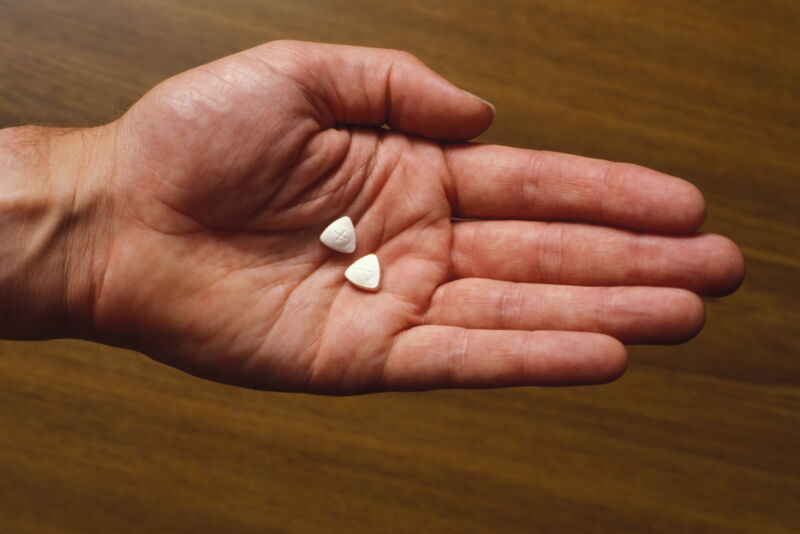FDA’s review of MDMA for PTSD highlights study bias and safety concerns

Enlarge / MDMA is now in the FDA's hands. (credit: Getty | PYMCA/Avalon)
The safety and efficacy data on the use of MDMA (aka ecstasy) for post-traumatic stress disorder therapy is "challenging to interpret," the Food and Drug Administration said in a briefing document posted Friday. The agency noted significant flaws in the design of the underlying clinical trials as well as safety concerns for the drug, particularly cardiovascular harms.
On Tuesday, June 4, the FDA will convene an advisory committee that will review the evidence and vote on MDMA's efficacy and whether its benefits outweigh its risks. The FDA does not have to follow the committee's recommendations, but it often does. If the FDA subsequently approves MDMA as part of treatment for PTSD, it would mark a significant shift in the federal government's stance on MDMA, as well as psychedelics, generally. Currently, the US Drug Enforcement Administration considers MDMA a Schedule I drug, defined as one with "no currently accepted medical use and a high potential for abuse." It would also offer a new treatment option for patients with PTSD, a disabling psychiatric condition with few treatment options currently.
As Ars has reported previously, the submission of MDMA for approval is based on two clinical trials. The first trial, published in Nature Medicine in 2021, involved 90 participants with moderate PTSD and found that MDMA-assisted psychotherapy significantly improved Clinician-Administered PTSD Scale for DSM-5 (CAPS-5) scores compared with participants who were given psychotherapy along with a placebo. In the second study, published in September in Nature Medicine, the finding held up among 104 participants with moderate or severe PTSD (73 percent had severe PTSD).